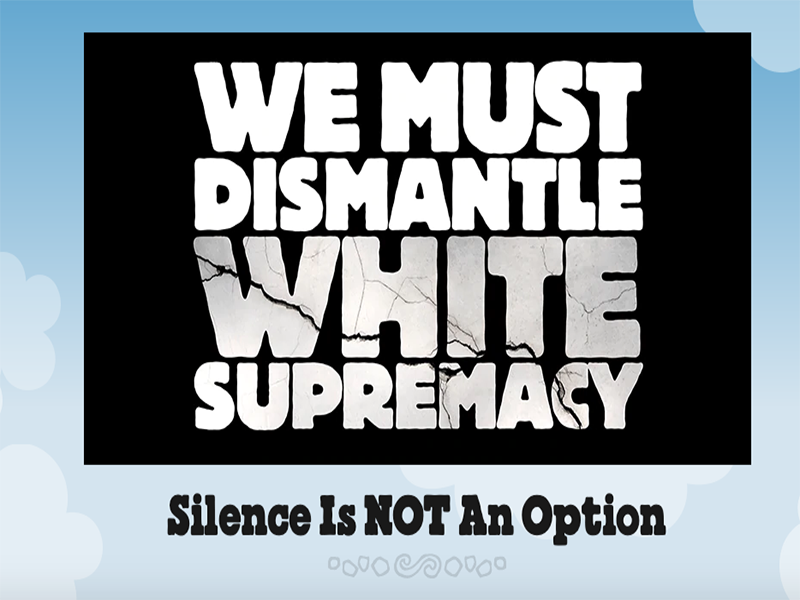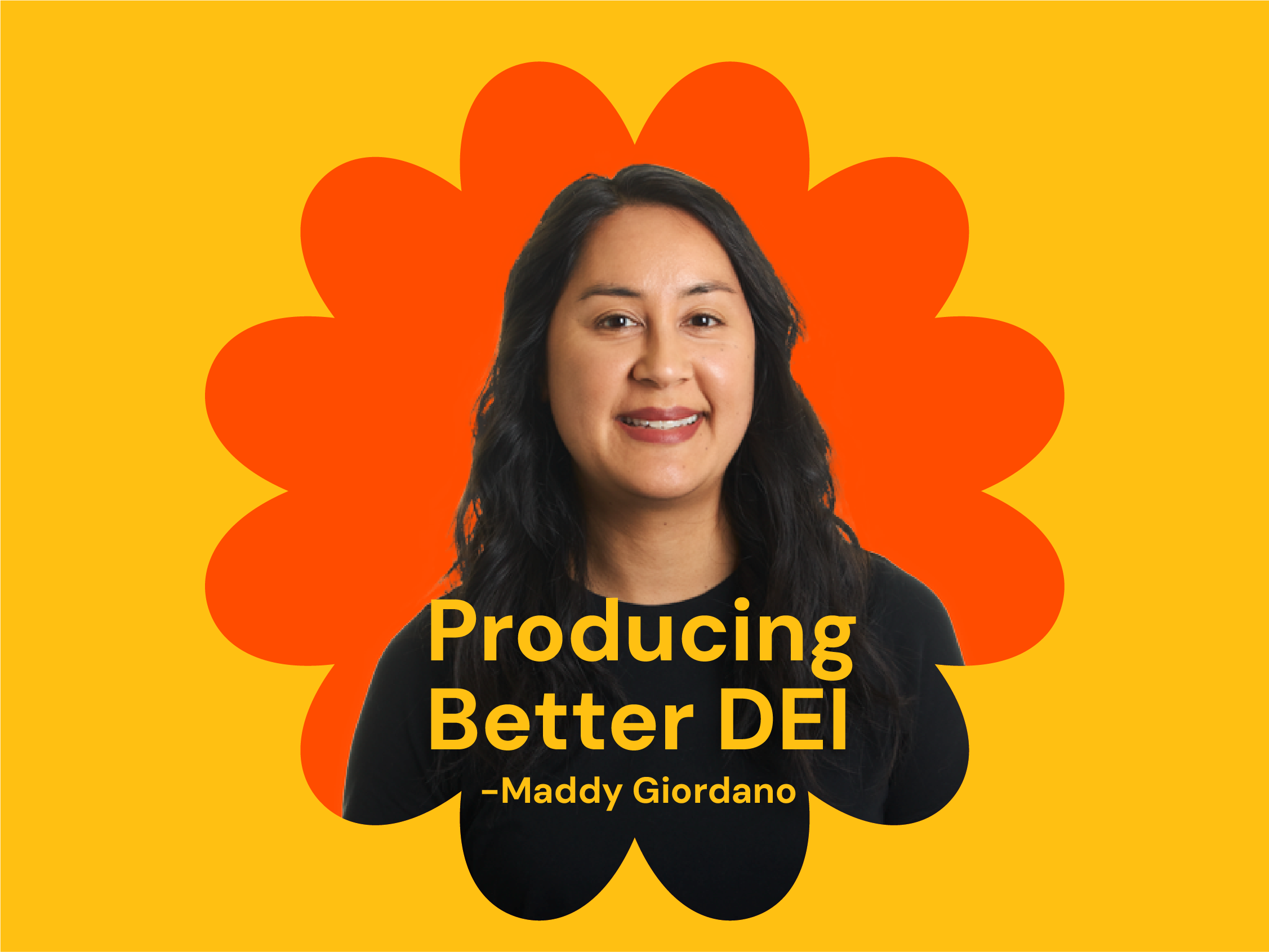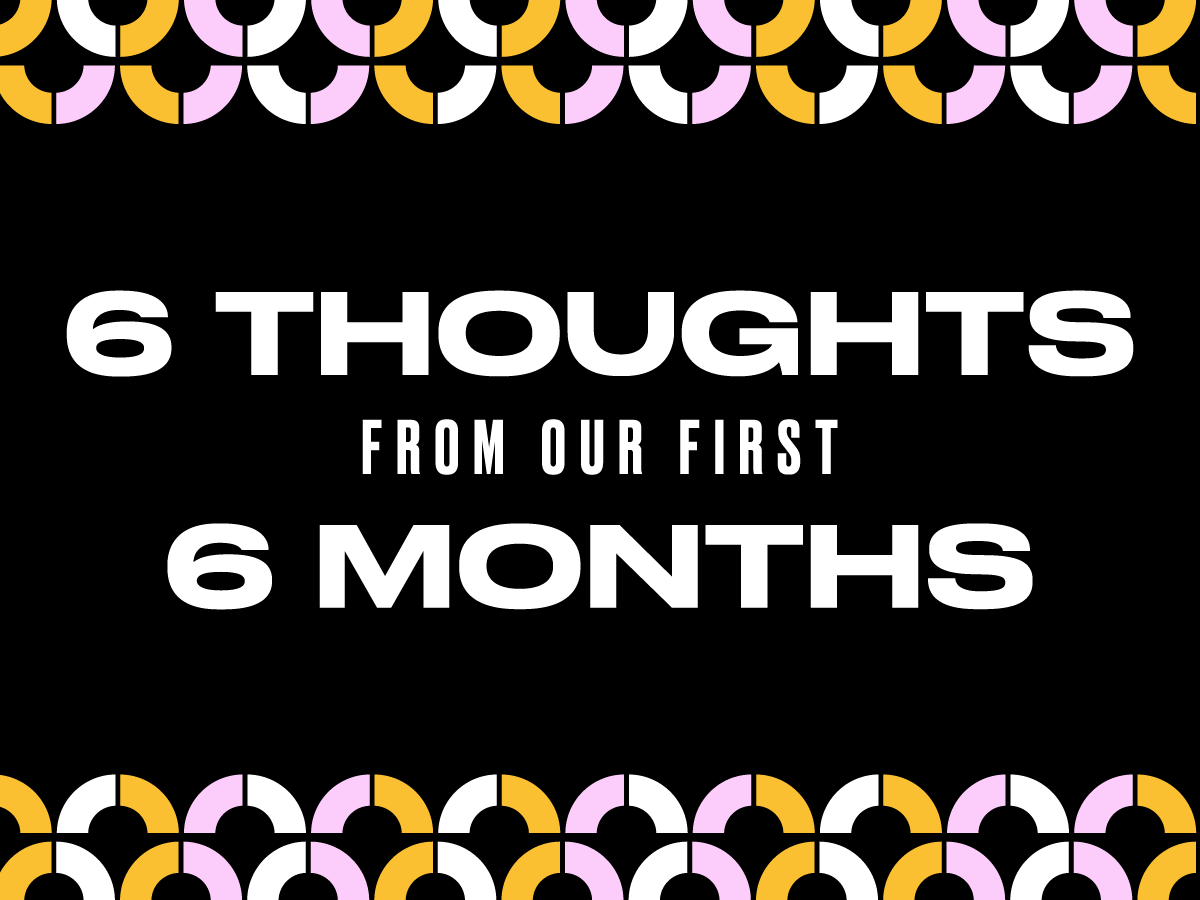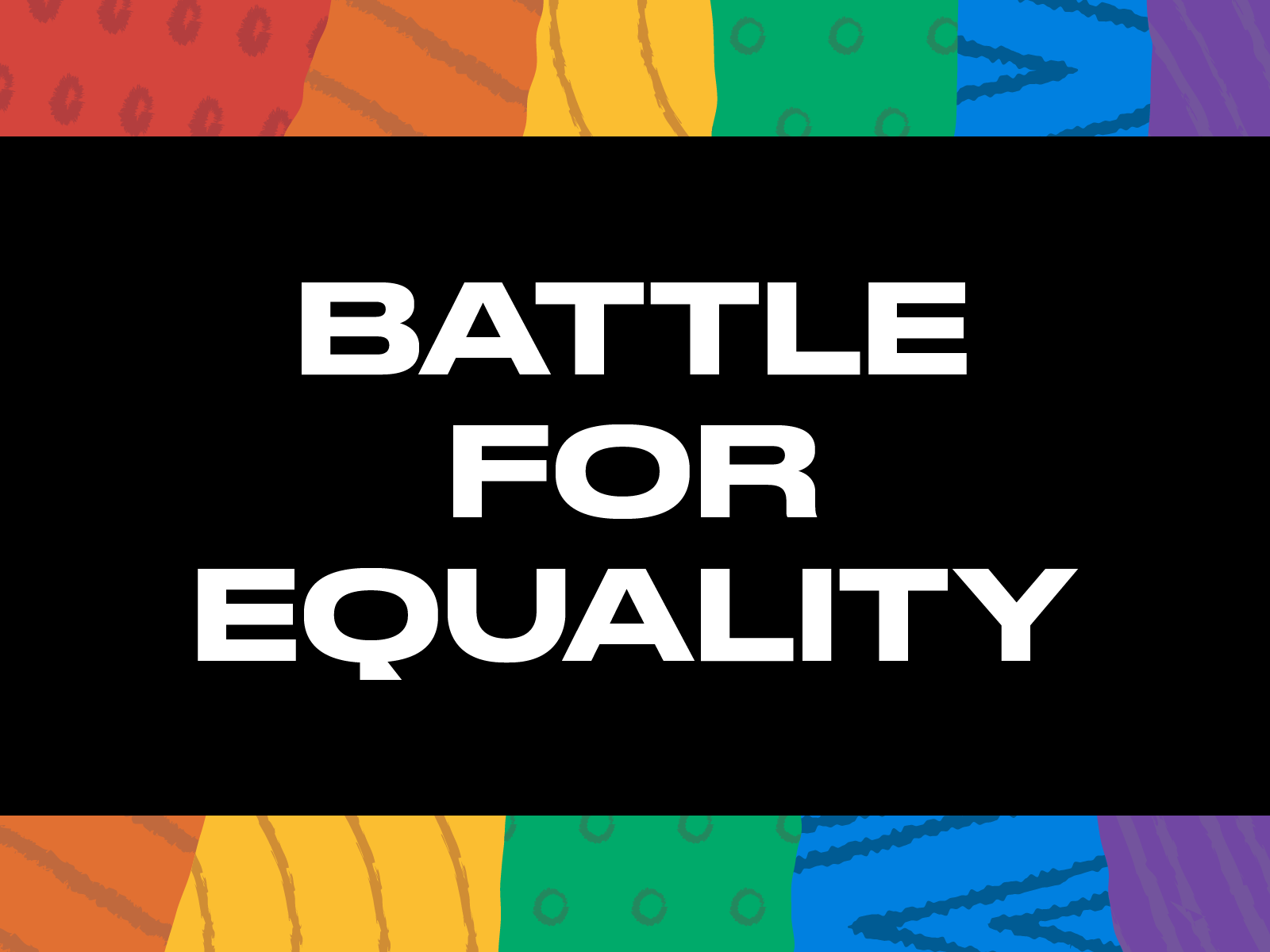Don’t Confuse a Marketing Tool with Authentic Brand Activism
When COVID-19 arrived, brands rushed to deliver heartfelt messages of “we’re here for you” and “we’re all in this together.” However, very few brands, (and I do mean VERY few), had any real reason to be talking – any tangible way that they could demonstrate that they were truly there for customers. But, they were doing their best with good intentions.
Today, it feels like déjà vu. When protests swept the country, dramatically raising awareness of social injustice and systemic racism, some brands jumped immediately into the deep end. This time, with messages like “we stand with you”, “we raise our voices.” Mostly broad platitudes without specifics or actions.
The question this raises is “What are you doing?!?”
Before jumping on the bandwagon – especially the bandwagon of a topic as important as anti-racism, companies need to take a look in the mirror and make sure that their own house is in order. Also, realize that not every brand needs to be at the center of every crisis. If your company or brand has an authentic role – one that has and is true to the core of your business, you might speak out in an appropriate way. If you don’t, the best thing to do is listen, learn, and hopefully instigate the kind of change that makes the world a better place.
We’re seeing lots of examples of what to do… and what not to do.
Here’s what not to do.
McDonald’s posted a video that essentially said they were “one of us.” They said they stand for victims of systemic oppression and violence. They said they do not tolerate inequality, injustice, or racism. And, they said they will make donations to the Urban League and the NAACP. However, back here in the real world, McDonald’s has a long history of being less than supportive of workers, including paid sick and family leave, and up until a year ago, fought the federal minimum wage. McDonald’s does not have a single corporate executive on its website leadership page that is black or brown. Not to mention the impact that their food has on diabetes and obesity – issues that are deadly to Americans, particularly people of color. Does that sound like a company that does not tolerate inequality? The people took notice, spoke out, and the backlash has been swift. It might be best for McDonald’s to listen and learn – and, in the future, make actionable changes if they want to be a part of the conversation.
This is better.
“Ben & Jerry’s is a social justice company that happens to make ice cream.” According to Chris Miller, Ben & Jerry’s head of global activism strategy. And while they are now a wholly-owned subsidiary of Unilever, Ben & Jerry’s 40-year history has been rooted in social causes. Since their start, Ben Cohen and Jerry Greenfield have spoken openly about how their white privilege paved the way for the company. They were early, vocal (and controversial) supporters of Black Lives Matter. So when Ben & Jerry’s took to social with their specific, 4-point plan to Dismantle White Supremacy, they had a legitimate platform and a welcomed seat at the table. Their action was authentic to the Ben & Jerry’s brand, and truly a part of their DNA. They aren’t just talking about the issues- they are providing the public and their customers with leadership and ideas on how to make a difference.
So, before we all rush to speak – take a minute to think and ask the hard questions: Do we have an authentic and legitimate right to be in this conversation? Is our house in order? And, what actions or plans can we make that can help?
While corporate neutrality is a subject of criticism, so is inauthenticity and ‘woke washing’.
My takeaway: Don’t confuse a marketing tool with authentic brand activism.
Peace.



